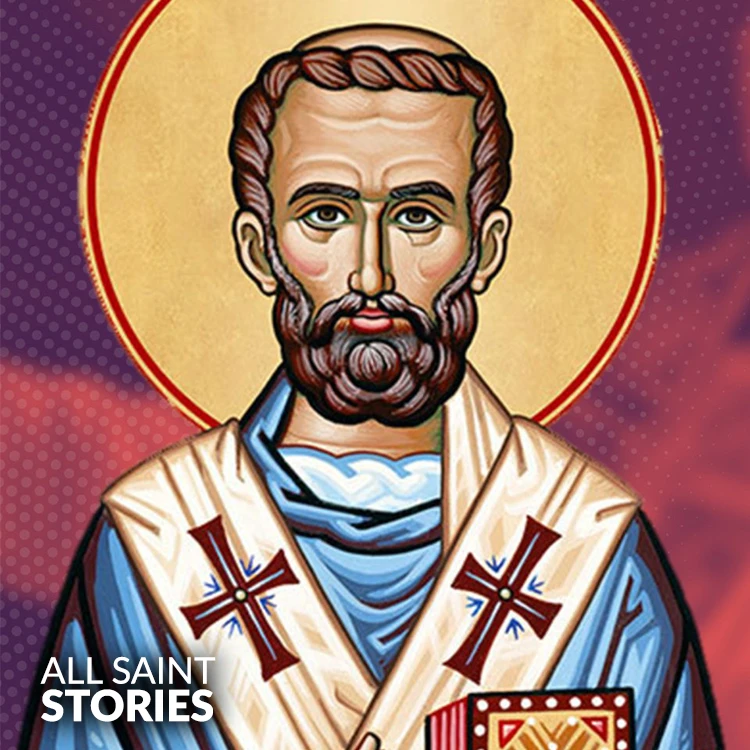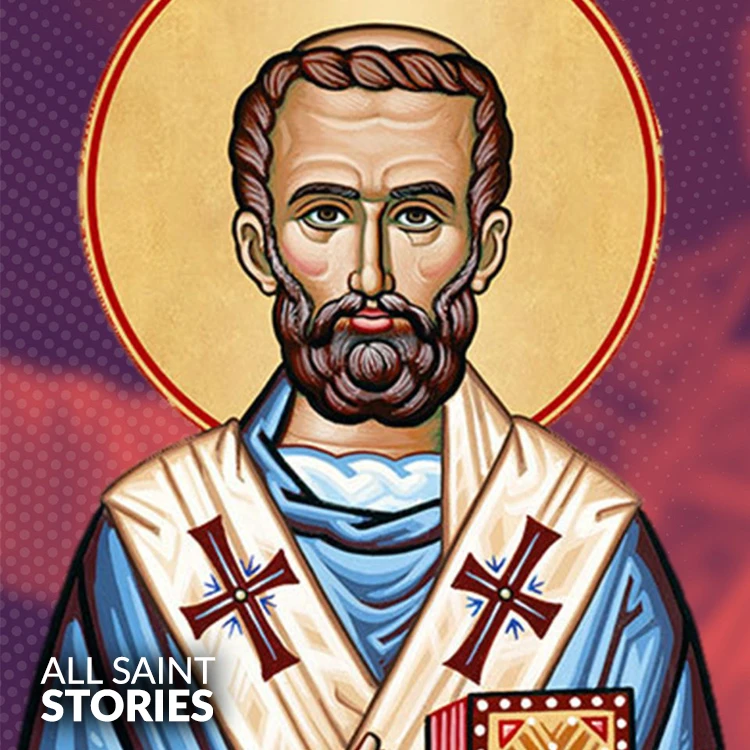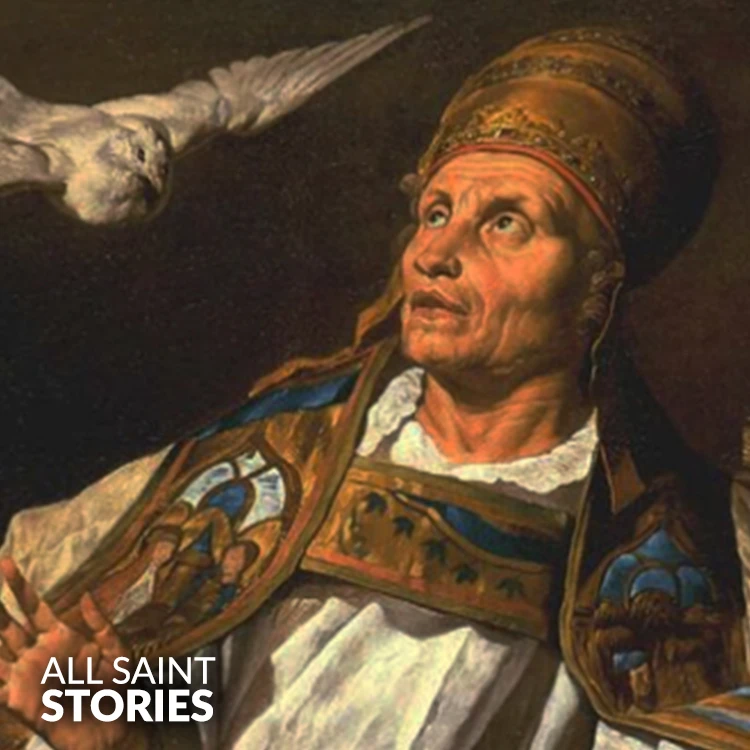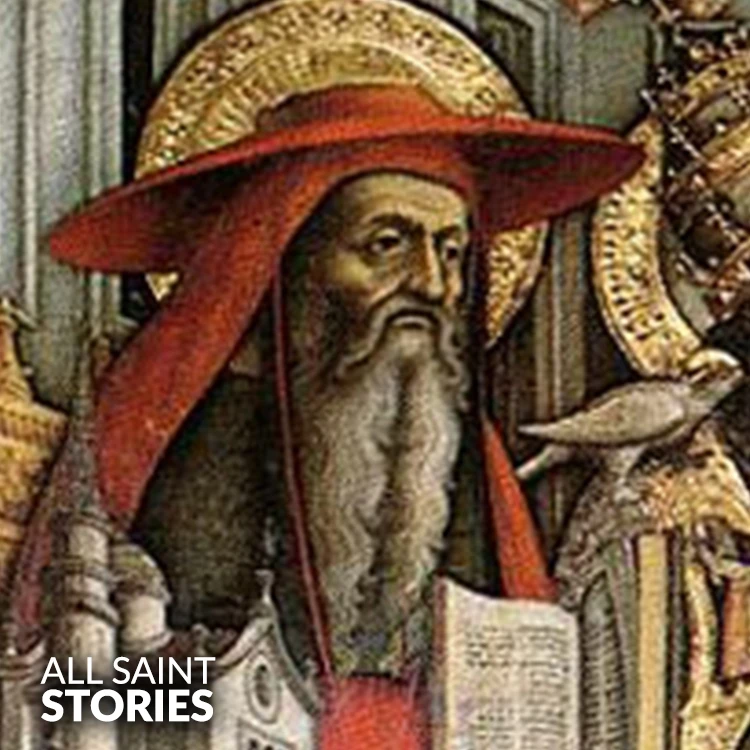O Saint Gregory the Great, intercede for us before God, that we may grow in faith, hope, and charity. Guide us with your wisdom and inspire us to live in humility and service, following your example of prayer and dedication to the Church. Help us to seek God's will in all things, and to share His love with all those we encounter. Through Christ our Lord. Amen.
ST. GREGORY THE GREAT (POPE, DOCTOR OF THE CHURCH)
ST. GREGORY THE GREAT (POPE, DOCTOR OF THE CHURCH)

St. Gregory the Great, a 6th-century pope and Doctor of the Church, was a visionary leader who reformed the Church, revitalized missionary efforts, and developed Gregorian Chant. A former monk, he prioritized the welfare of the poor and was instrumental in the conversion of England. His feast day is celebrated on September 3.
St. Gregory the Great was born around 540 AD into a wealthy and influential Roman family. His father, Gordianus, was a senator, while his mother, St. Silvia, was known for her piety. Gregory received an excellent education in law and administration, which later prepared him for leadership in both secular and ecclesiastical affairs. Despite his prestigious upbringing, he was deeply drawn to a life of holiness and asceticism.
In his early career, Gregory served as the Prefect of Rome, one of the highest civil positions in the city. However, he soon renounced his political career to embrace monastic life. He founded a Benedictine monastery in his family estate and dedicated himself to prayer, study, and service. His monastic life was short-lived, as Pope Pelagius II appointed him as one of the Church’s deacons and later sent him as an ambassador (apocrisiarius) to the Byzantine court in Constantinople.
Gregory returned to Rome after the death of Pope Pelagius II, and in 590 AD, he was elected as his successor, becoming Pope Gregory I. His pontificate came during a time of political instability, famine, and plague. As pope, he took immediate action to care for the poor, organizing food distributions and using Church resources to alleviate suffering. His deep concern for the welfare of the people earned him the title "Servant of the Servants of God" (Servus Servorum Dei), a phrase still used by popes today.
One of Gregory’s most enduring legacies was his missionary work. He famously sent St. Augustine of Canterbury and a group of monks to convert the Anglo-Saxons in England, laying the foundation for the English Church. His leadership strengthened the authority of the papacy and reinforced its role as a guiding force in Western Christendom.
Gregory also made significant contributions to the Church’s liturgical and musical traditions. He is credited with organizing and codifying Church chants, which later became known as "Gregorian Chant." His writings, including Pastoral Rule and Dialogues, provided spiritual and theological guidance that influenced medieval Christianity and beyond.
Despite his heavy responsibilities, Gregory remained a humble and devout leader. He continued to live simply, often referring to himself as a "poor man’s pope." His writings on pastoral care, monasticism, and moral theology earned him the title of Doctor of the Church.
St. Gregory the Great passed away on March 12, 604, after years of illness and tireless service. He was canonized shortly after his death by popular acclaim. His influence on the Church, particularly in strengthening the papacy, promoting missionary work, and shaping liturgical practices, remains profound. His feast day is celebrated on September 3, and he is venerated as the patron saint of musicians, teachers, and popes.
Video Not Found
The information you see here may be either accurate or might contain some discrepancies, as it is gathered from various sources. If you believe that any part of the details about this saint is incorrect or incomplete, we kindly invite you to share your suggestions or corrections with us. Your insights are invaluable in helping us ensure that we provide the most accurate and reliable information.
We encourage you to use the form on the left to submit any corrections or additional information you may have. Whether it's a small detail or a larger correction, we will carefully review your submission and update the information accordingly. Your contributions will not only help us maintain the integrity of the content but also benefit others who seek to learn more about this saint. We greatly appreciate your assistance in making our information more accurate and complete.
Please rest assured that your personal details will remain confidential, and your suggestions will be handled with the utmost care. Together, we can ensure that the information about this saint is as accurate and informative as possible. Thank you for your time and contribution!
If you have any suggestion about ST. GREGORY THE GREAT (POPE, DOCTOR OF THE CHURCH)
Your suggestion will help improve the information about this saint. Your details will not be disclosed anywhere.
© 2025 Copyright @ www.allsaintstories.com




 English
English
 Italian
Italian
 French
French
 Spanish
Spanish
 Malayalam
Malayalam
 Russian
Russian
 Korean
Korean
 Sinhala
Sinhala
 Japanese
Japanese
 Arabic
Arabic
 Portuguese
Portuguese
 Bantu
Bantu
 Greek
Greek
 German
German
 Dutch
Dutch